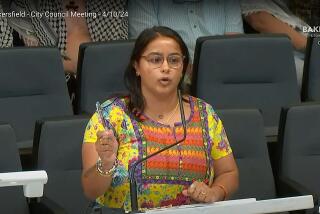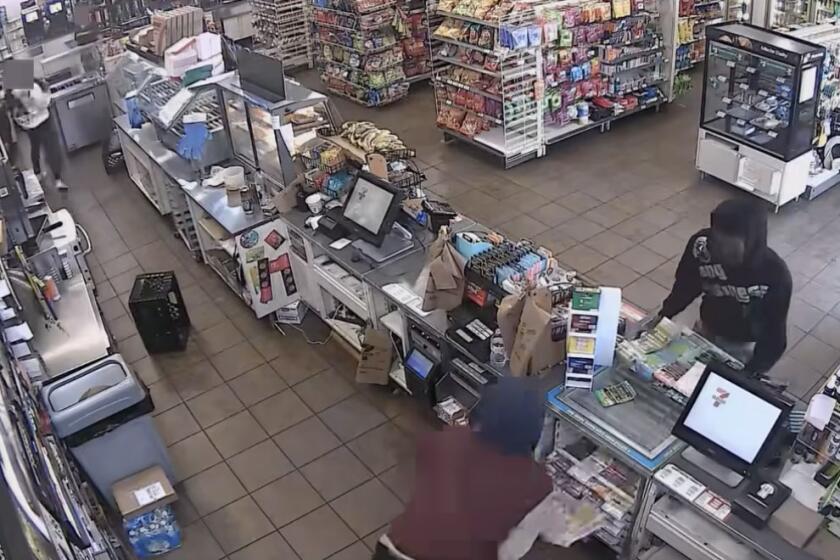Court to Rule on Health-Care Cuts
Los Angeles County took its case for slashing hospital services to a federal appeals court Monday, insisting that the proposed cuts are necessary to preserve the rest of the faltering public health system.
It was the latest skirmish in a long-running dispute between county officials determined to save money in an era of lean budgets and poor patients who rely on county hospitals for medical attention.
In a packed courtroom of the U.S. 9th Circuit Court of Appeals in Pasadena, county attorney Timothy T. Coates told the three-judge panel that the case was a “snapshot” of the national health-care crisis.
“Who has the obligation to provide care?” he asked. “And, at the bottom line, who has to pay for it?”
Earlier this year, the county Board of Supervisors voted to close Rancho Los Amigos National Rehabilitation Center in Downey, a renowned hospital that specializes in severe brain and spinal injuries, and to eliminate 100 of the 750 beds at County-USC Medical Center in Los Angeles.
The lawmakers said the cuts would save $75 million in the first year alone, helping to stave off a looming deficit in the county’s health department.
But U.S. District Judge Florence-Marie Cooper blocked the county’s plans. She ruled that shutting Rancho would violate federal law by depriving Medi-Cal patients of necessary medical care.
In a related case involving patients without health insurance, she barred the county from trimming beds at County-USC, saying that further cuts could lead to unnecessary pain and deaths.
On Monday, Coates argued that the judge was wrong to require the county to show that Medi-Cal patients could find comparable care at some other hospital before closing Rancho.
“That’s not something that the county of Los Angeles controls,” he said, arguing that it is up to the state to administer Medi-Cal, California’s version of the federal Medicaid insurance program for the poor.
But attorney Jeffrey Davidson of Kirkland & Ellis, representing patients, said the county was no ordinary health-care provider.
Not only does Los Angeles County receive federal funding “far and above” other Medi-Cal providers, it also accepted a $1-billion infusion under a federal waiver that requires the county to provide “all necessary and appropriate medical services” to Medi-Cal patients, Davidson said.
“This denial of benefits, of county medical services, is unlawful,” he said. “In fact, it constitutes outright discrimination” against disabled people.
Another team of attorneys argued the case involving uninsured patients and contended that the county is obligated to care for its neediest residents, no matter the shape of its budget.
“The county exaggerates the extent of its budget problems,” said attorney Yolanda Vera of Neighborhood Legal Services. She noted that the health department had ended the fiscal year with a surplus $100 million higher than expected.
It could be months before the appeals court rules, but comments from the judges hinted at their sympathies for the patients who had brought the lawsuits.
As the county argued that cutting hospital beds would not directly affect the care patients received, Judge Harry Pregerson broke in: “They already have people in the hallways on gurneys, don’t they?”
At another point, Judge William Fletcher remarked that, if the county closed Rancho: “Sure, [county hospitals] will treat pneumonia and tuberculosis. They just won’t treat disabled people.”
More to Read
Start your day right
Sign up for Essential California for news, features and recommendations from the L.A. Times and beyond in your inbox six days a week.
You may occasionally receive promotional content from the Los Angeles Times.






